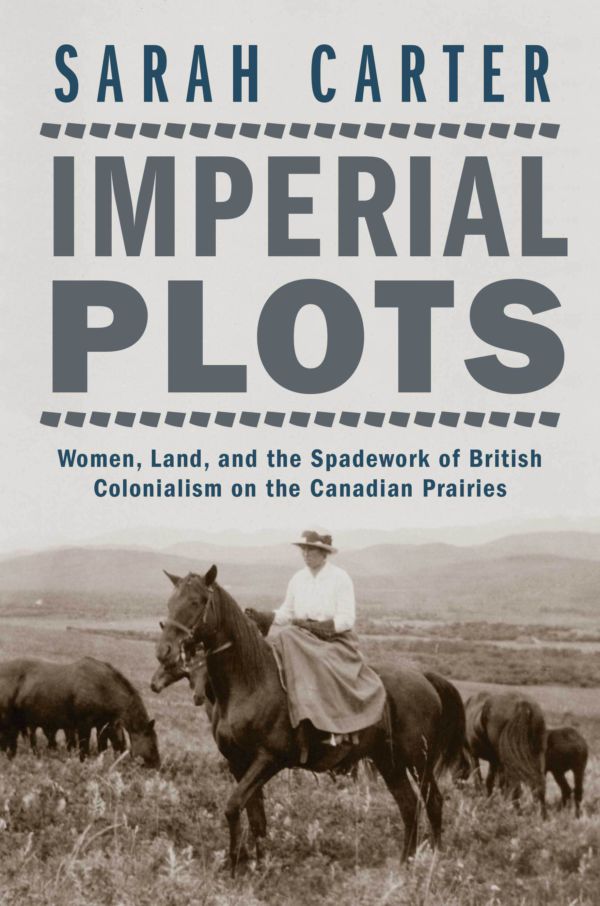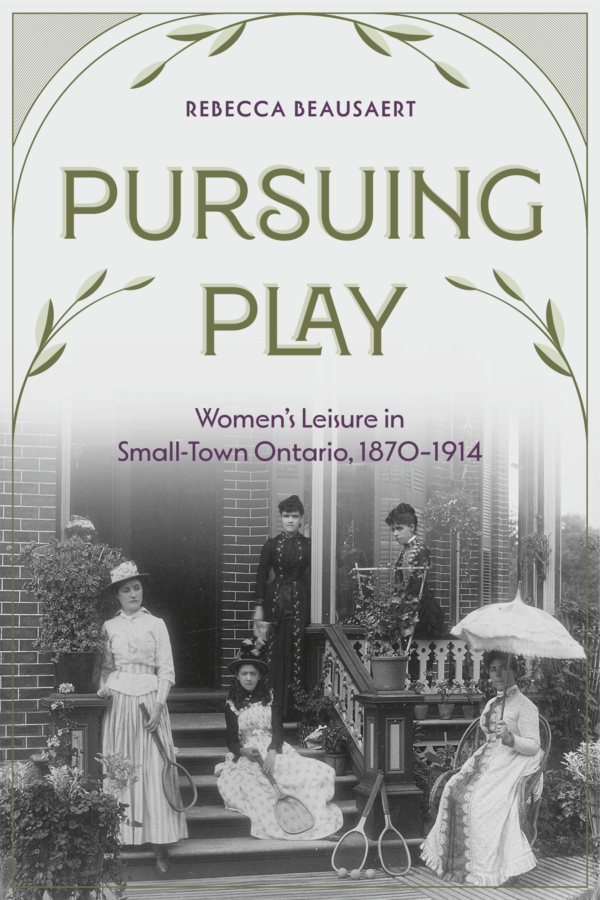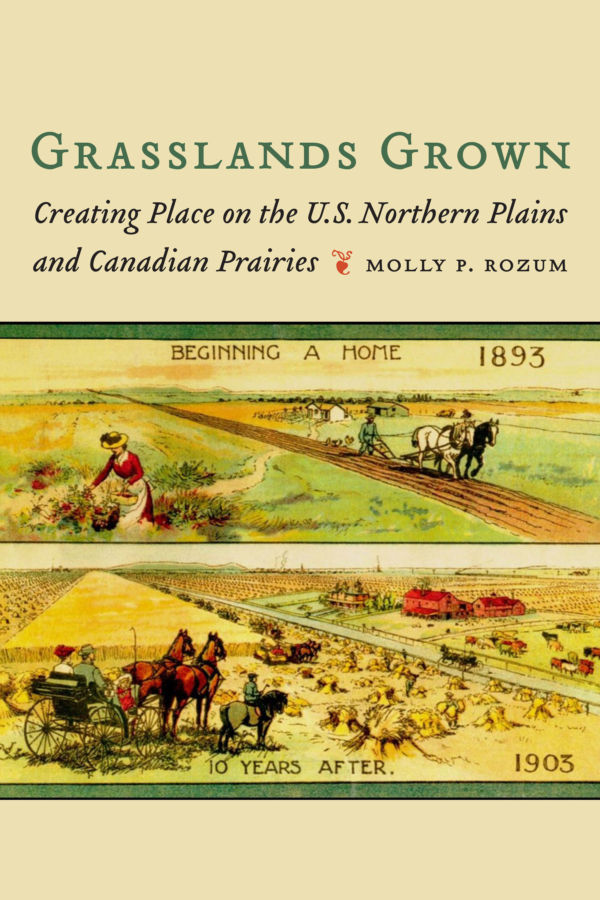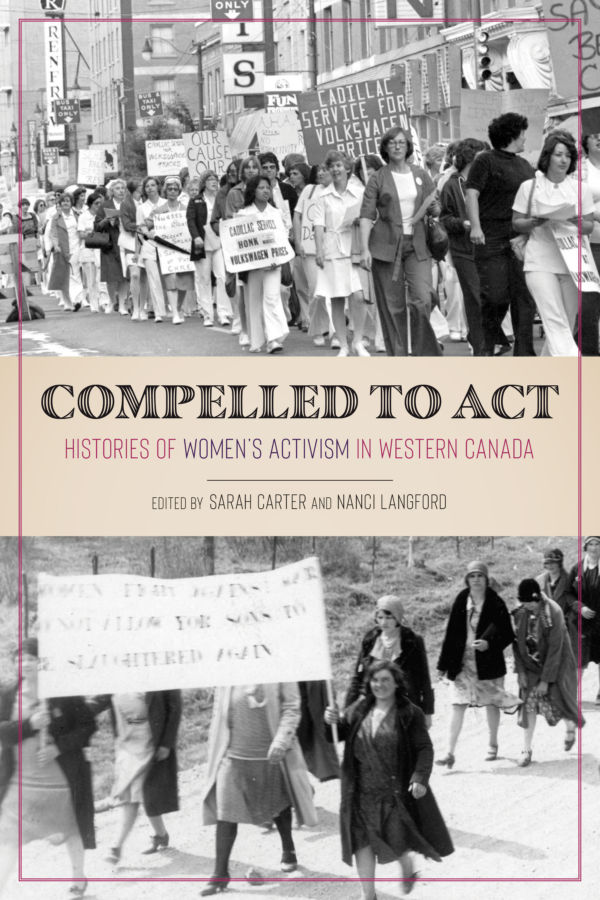Imperial Plots
Women, Land, and the Spadework of British Colonialism on the Canadian Prairies
Overview
Sarah Carter’s Imperial Plots: Women, Land, and the Spadework of British Colonialism on the Canadian Prairies examines the goals, aspirations, and challenges met by women who sought land of their own.
Supporters of British women homesteaders argued they would contribute to the “spade-work” of the Empire through their imperial plots, replacing foreign settlers and relieving Britain of its "surplus" women. Yet far into the twentieth century there was persistent opposition to the idea that women could or should farm: British women were to be exemplars of an idealized white femininity, not toiling in the fields. In Canada, heated debates about women farmers touched on issues of ethnicity, race, gender, class, and nation.
Despite legal and cultural obstacles and discrimination, British women did acquire land as homesteaders, farmers, ranchers, and speculators on the Canadian prairies. They participated in the project of dispossessing Indigenous people. Their complicity was, however, ambiguous and restricted because they were excluded from the power and privileges of their male counterparts.
Imperial Plots depicts the female farmers and ranchers of the prairies, from the Indigenous women agriculturalists of the Plains to the array of women who resolved to work on the land in the first decades of the twentieth century.
Reviews
"With Imperial Plots, Carter continues the ongoing efforts to reconceptualize the prairie west in the last decades of the nineteenth-century and the first decades of the twentieth-century. By putting the experience of Indigenous peoples and women at the centre of the story, Carter destabilizes longstanding images of a progressive, peaceful, and egalitarian Canadian west."
Adele Perry, Professor, Department of History, University of Manitoba
“This book is more than a tribute to pioneer women and a lament for lost opportunities. The present keeps peering at us through the past. Then, as now, lines drawn on maps—be they borders or homestead boundaries—determine who will and won’t have access to the resources of this world. Too much of humanity’s always-limited intelligence is devoted to plotting out the reasons why some people deserve to be one side of the line and some on the other.”
Doug Smith, Winnipeg Free Press
“Carter shows how history can be well documented, provocative, and entertaining.”
Publishers Weekly (starred review)
“Imperial Plots provides a valuable correction to the masculinist lens through which prairie history is so often viewed.”
Penni Mitchell, Canada’s History
“Sarah Carter’s ambitious study of British women’s empire building on the Canadian plains takes a truly multi-national approach to questions of women’s place on the land, dealing as it does with policies and ideologies in Britain, Canada, the U.S., and elsewhere. It does an impressive job of examining the concept of ‘whiteness,’ and it appropriately fits the spirit of the Chaudhuri award, focusing as it does specifically on ‘WOMEN in rural environments.’”
Judging Committee, Gita Chaudhuri Prize, estern Association of Women Historians
“Every chapter of Imperial Plots adds new and interesting details and their cumulative effect is enlightening. By considering the wider context so carefully and fully, Carter has made a major contribution to the scholarship on women and moved our thinking far beyond the heroism of individual homesteading women. Equally, she firmly drives a nail in the coffin of scholars who still insist that gender played no role in the formation and implementation of imperial policy. In sum, she has changed the terms of our historical questions.”
Sue Armitage, Canadian Journal of History
“Imperial Plots is a scathing indictment of the power of unchecked patriarchy. Whether found in the person of Frank Oliver, the dogmatic minister of the interior, in the repeal of dower rights, or in the widely held belief that women farmers were unnatural, the systematic constraint of women is the core of this story and a tale of imperial plotting.”
Mary Murphy, The Canadian Historical Review
“Imperial Plots, with its double meaning, is a perfect title for Sarah Carter’s investigation of women’s efforts to acquire land of their own in western Canada from 1870 to 1930.”
Marilyn Barber, Pacific Historical Review
“Carter’s study is a rich and insightful exploration of the individuals, the organizations, and the socio-cultural dynamics involved in women’s struggles to legally and literally do the spadework of British colonialism on the Canadian Prairies.”
Lisa Chilton, University of Toronto Quarterly
“A remarkable book that deserves all of the accolades that it has received, and one that continues the tradition of crafting a new western history in Canada. It will be required reading for anyone with an interest in Canadian and British Imperial history.”
Philip Van Huizen, American Review of Canadian Studies
Awards
Best Scholarly Book in Canadian History Prize, Canadian Historical Association (2017)
CLIO History Prize (Prairies), Canadian Historical Association (2017)
Gita Chaudhuri Prize, Western Association of Women Historians (2017)
Wilson Book Prize (2017)
Stubbendieck Great Plains Distinguished Book Prize (2017)
About the Author
Table of Contents
Introduction
Ch. 1 Narrowing Opportunities For Women
Ch. 2 British Women Farmers for Canada
Ch. 3 Widows and Other Immigrant Women Homesteaders
Ch. 4 Purchasing Land
Ch. 5 Answering the Call of Empire
Ch. 6 The Homesteads for British-Born Women Campaign
Ch. 7 World War I and the 1920s
Conclusion






